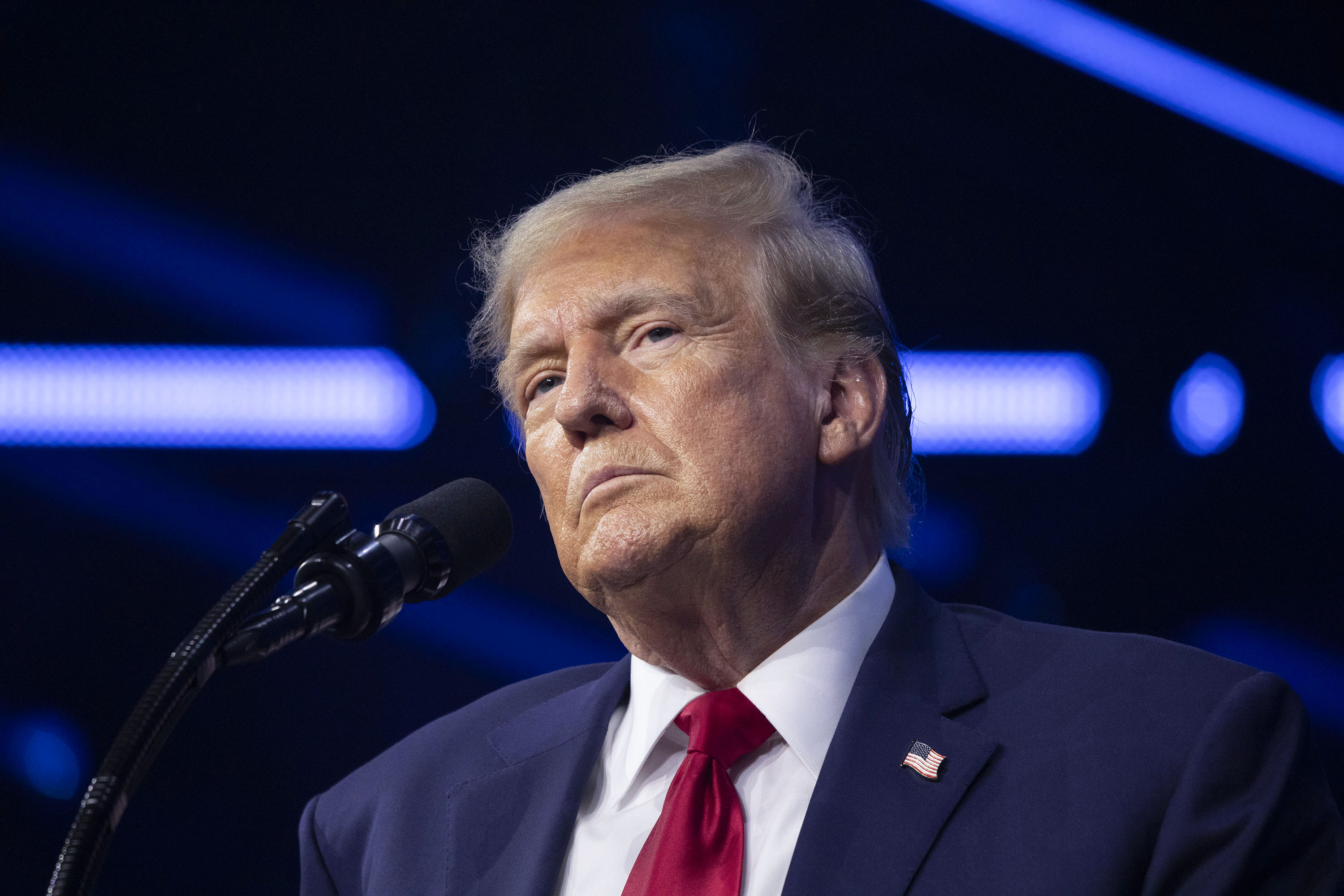As his invasion of Ukraine falters, Vladimir Putin is unable to placate competing factions in Russia, putting the stability of his regime at risk, the Institute for the Study of War (ISW) has said.
The U.S. think tank said on Tuesday that the losses of his forces in Ukraine have meant that Putin was having trouble keeping on side pro-Kremlin military bloggers, war veterans, and so-called "siloviki" or officials who have power bases on their own.
This trio of competing interests forms the Russian nationalist information space and has fragmented. Putin is "visibly failing" in meeting their "mutually exclusive demands," the ISW said in its update, which also highlighted Ukrainian gains.
It noted that Yevgeny Prigozhin, who heads the Wagner Group of mercenaries, and Chechen leader Ramzan Kadyrov, whose forces are also fighting against Ukraine, want a different approach to mobilizing for the war. Following the retreat from Lyman, Kadyrov even called for Russia to use a low-yield nuclear weapon.

Military veterans want the Russian higher military command to be overhauled and for the country to put on a conventional war footing. Meanwhile, Russian military bloggers have been highlighting the failings of Russia's campaigns and criticizing the Ministry of Defense, which has been unable to stop them.
"Putin cannot afford to lose the support of any of these groups, nor can satisfy them all as the war wears on and Russian troops continue to sustain losses," the ISW said.
Retreats from Kharkiv and Lyman followed by poor management of the partial mobilization "have exposed these deepening fissures within Putin's core constituencies to the view of all Russians."
"They could even begin to seed the notion that Putin is not fully in control of his own base," the ISW said. "The ramifications of such a development for his regime are hard to predict."
Military bloggers give an unvarnished account of Russia's failures from the front line and there was speculation that Putin announced the draft in part to assuage their concerns about a campaign in disarray.
Larissa Doroshenko, an expert on Russian disinformation from Boston's Northeastern University, told Newsweek last week that the mobilization was part of Putin's attempt to do something "to turn around this war and change the momentum" but this was not solely in response to the bloggers' criticism.
However, publicity about mistakes in the mobilization process in which people who were ill or infirm were being called up gathered pace on Telegram and raised questions about Putin's management of the war.
"In the beginning, pro-military Russian Telegram channels were first saying whatever mobilization mistakes that they saw reported were not systematic errors," Doroshenko said, "but then once more issues started to bubble up, they just couldn't ignore it anymore."
Newsweek reached out to the Russian defense ministry for comment.
Uncommon Knowledge
Newsweek is committed to challenging conventional wisdom and finding connections in the search for common ground.
Newsweek is committed to challenging conventional wisdom and finding connections in the search for common ground.
About the writer
Brendan Cole is a Newsweek Senior News Reporter based in London, UK. His focus is Russia and Ukraine, in particular ... Read more





